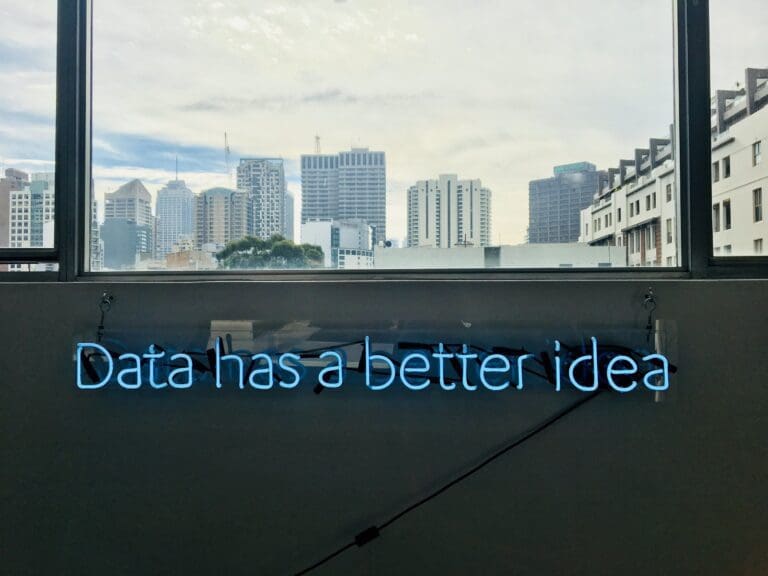After much encouragement, I’ve decided to start sharing my experiences as a senior headhunter in the Data Science space – both with employers and candidates alike.
So, from my perspective, the data science recruitment process in most companies is fundamentally flawed! A big statement I know, but I never have a dull day because of it!

If it’s not discussing an interview process that has been designed more for a Software Engineer than a Data Scientist, or speaking to company CEOs who quite frankly don’t know what a Data Scientist does beyond what they read in a trade magazine, it’s the damning McKinsey report, quoting shortages of Data Scientists across the industry – which unless you are the size of Google or equivalent doesn’t apply to your business.
The truth is the Data Science job market is healthy! It’s not skewed towards one side or the other unless you have very specific skills. If you do have specific skills this blog series will not be relevant to you, I’m saving writing that one for a rainy day.
This 3 part blog series covers the 5 most sought-after skills for Data Scientists right now
Part 1: Aimed at Junior bracket, 3 years’ experience
Part 2: Aimed at a more senior skill-sets, 3-7 years’ experience
Part 3: Will talk about the juggernauts who deliver 100x output compared to most Data Scientists, and yes these are the guys we have a shortage of, but I suspect that’s common in every industry.
This is Part 1
5 Most In-Demand Skills for Data Scientists, with explanations…
Technical Skills: Python, SQL, knowledge of Python data science libraries (pandas,numpys, scikit-learn), coding best practices (git/stash) and able to write production grade code.
If you can’t code, you probably shouldn’t call yourself a data scientist. At the same time Hiring Managers, please can we stop interviewing data scientists like they are software engineers! If you want a software engineer just say so, and another headhunter (not me) will find you one.

Conceptual Thinking – the ability to understand business models, goals and develop a deep understanding of specific business units and focus areas to solve problems.
This one is harder to train than most. Great data scientists focus on the problems to be solved, rather than obsess over the tools they are using. You wouldn’t hire a carpenter that’s obsessed with using a hammer for everything, regardless if it’s a nail or not.
Communication Skills – being able to communicate clearly to stakeholders throughout a project and consistently deliver against expectations.
The focus here is less on the raw analytical complexities of a project and more on how well you can communicate clearly how a project is progressing. Employers want data scientists who can understand their domain, and can respond to a problem by giving them the insight they didn’t otherwise have. Think about the bigger picture and take a holistic approach to how the company works, versus executing a pre-specific solution plan. The ability to challenge in a diplomatic way is very sought after, most business stakeholders don’t have a clue about what you do and guess what, they aren’t going to educate themselves.
Data – Financial transactions, web, mobile, sensor, GiS, satellite.
Whatever your domain is, you will require knowledge and familiarity with external datasets both publicly and privately available, because no one else in the company will. Employers want to see that you can bring strategic ideas to the table and execute them, that’s where the added value comes in, and would you rather automate their sales process or increase their market share 10-20%? Data has the answers, but you must know how and where to find them.

Results – Output delivered.
A lot of data scientists struggle to quantify their achievements and business output. 90% of the resumes I read focus on the technical path rather than the solution. It’s great that you can build a linear regression model, but if you can’t explain how this benefited the business why should someone hire you? The worst case scenario is when someone genuinely doesn’t know HOW it benefited the business, this does not look good if you’ve spent the last 12-18 months on that project!
There you have it, I would welcome any thoughts or comments, please subscribe for a chance to win a T-shirt with my name on it or some other useless paraphernalia (hang on is this not YouTube?), but on a serious note, I hope this has been helpful to anyone looking to make their 2nd career move as a data scientist.
Some interesting reads for you:
This Is America’s Hottest Job
6 tips for someone who wants to be a data scientist








